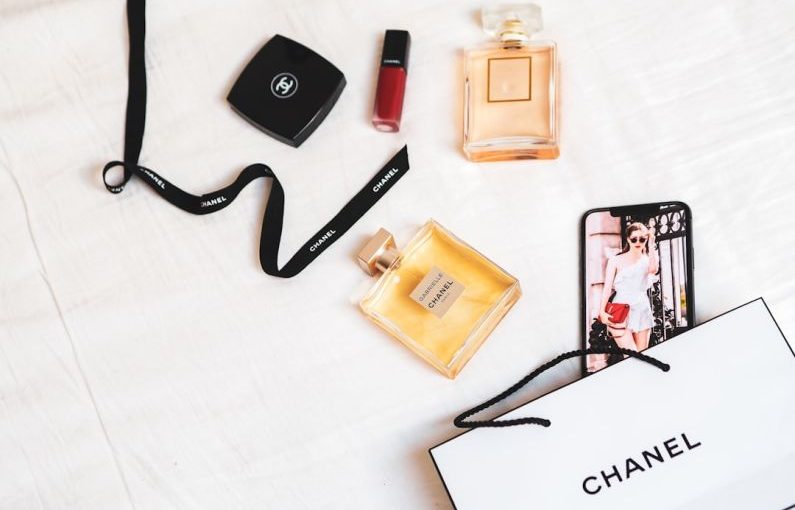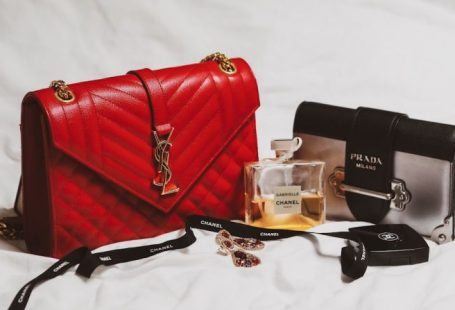The Influence of Designer Labels on Perception
In today’s consumer-driven society, designer labels hold significant power in shaping how we perceive others and ourselves. The allure of luxury brands can evoke feelings of status, sophistication, and exclusivity, but to what extent do these labels truly impact our perceptions? Let’s delve into the fascinating realm of designer labels and explore the complex interplay between fashion, identity, and societal norms.
The Psychology Behind Designer Labels
Designer labels have the ability to tap into our innate desire for social validation and belonging. When we don a garment or accessory adorned with a prestigious logo, we are not merely wearing a piece of clothing but also projecting a carefully curated image to the world. Psychologically, designer labels serve as symbols of wealth, taste, and social standing, creating a sense of identity and belonging within certain social circles.
Moreover, the phenomenon of “label-consciousness” has been extensively studied in the field of psychology. Research has shown that individuals who place a high value on designer labels are more likely to associate luxury brands with qualities such as success, attractiveness, and self-worth. This perception is not solely based on the quality or craftsmanship of the product but rather on the symbolic value attached to the brand itself.
The Halo Effect of Designer Labels
One of the most intriguing aspects of designer labels is their ability to create a halo effect, whereby the perceived prestige of a brand influences our overall judgment of a person. Studies have demonstrated that individuals wearing designer clothing are often perceived as more confident, competent, and financially successful than those dressed in non-branded attire. This halo effect can lead to assumptions about a person’s personality, social status, and even intelligence based solely on the presence of a designer label.
Furthermore, the halo effect of designer labels extends beyond individual perceptions to societal norms and cultural values. In a consumer-driven culture that equates material possessions with personal worth, the pressure to own designer labels can be overwhelming. The desire to conform to societal standards of beauty and success often leads individuals to invest in luxury brands as a means of validation and recognition.
Navigating Authenticity in a Branded World
Amidst the allure of designer labels lies the question of authenticity – both in terms of personal identity and societal values. In a world where counterfeit goods and fast fashion dominate the market, the pursuit of authenticity has become increasingly complex. How do we reconcile our desire for luxury with the ethical implications of consumerism and materialism?
It is essential to recognize that true authenticity transcends the superficiality of designer labels. While luxury brands may hold cultural significance and aesthetic appeal, they should not define our sense of self-worth or identity. Authenticity lies in embracing our individuality, values, and beliefs, regardless of the brands we wear or the products we consume.
The Role of Designer Labels in Self-Expression
Designer labels can also serve as a form of self-expression and creativity, allowing individuals to showcase their unique style and personality. Fashion has long been regarded as a powerful mode of self-expression, enabling us to communicate our identity, values, and aspirations to the world.
By choosing to wear designer labels, we are making a conscious statement about our personal tastes, preferences, and lifestyle choices. Whether we opt for understated elegance or bold extravagance, our fashion choices reflect our individuality and creativity. Designer labels, therefore, play a dual role as symbols of status and self-expression, shaping how we present ourselves to the world.
Embracing Diversity and Inclusivity in Fashion
In a world where designer labels often dictate societal norms of beauty and success, it is crucial to celebrate diversity and inclusivity in the fashion industry. The democratization of fashion has paved the way for emerging designers, sustainable brands, and inclusive sizing options that cater to a diverse range of tastes and preferences.
As consumers, we have the power to shape the future of fashion by supporting brands that prioritize ethical practices, diversity, and sustainability. By embracing diversity and inclusivity in our fashion choices, we can challenge the status quo of designer labels and redefine what it means to be stylish, confident, and authentic in a branded world.
The Impact of Designer Labels on Perception
Designer labels undoubtedly hold a powerful influence on how we perceive ourselves and others. From the psychological allure of luxury brands to the halo effect of prestige and status, designer labels shape our perceptions in subtle yet profound ways. While the allure of luxury may be enticing, it is essential to navigate the world of designer labels with a critical eye and a strong sense of self-awareness.
As we navigate the complexities of fashion, identity, and societal norms, let us remember that true authenticity lies in embracing our individuality, creativity, and values. Designer labels may offer a glimpse into the world of luxury and prestige, but it is our inner authenticity that truly defines who we are and how we are perceived in the world of fashion and beyond.





